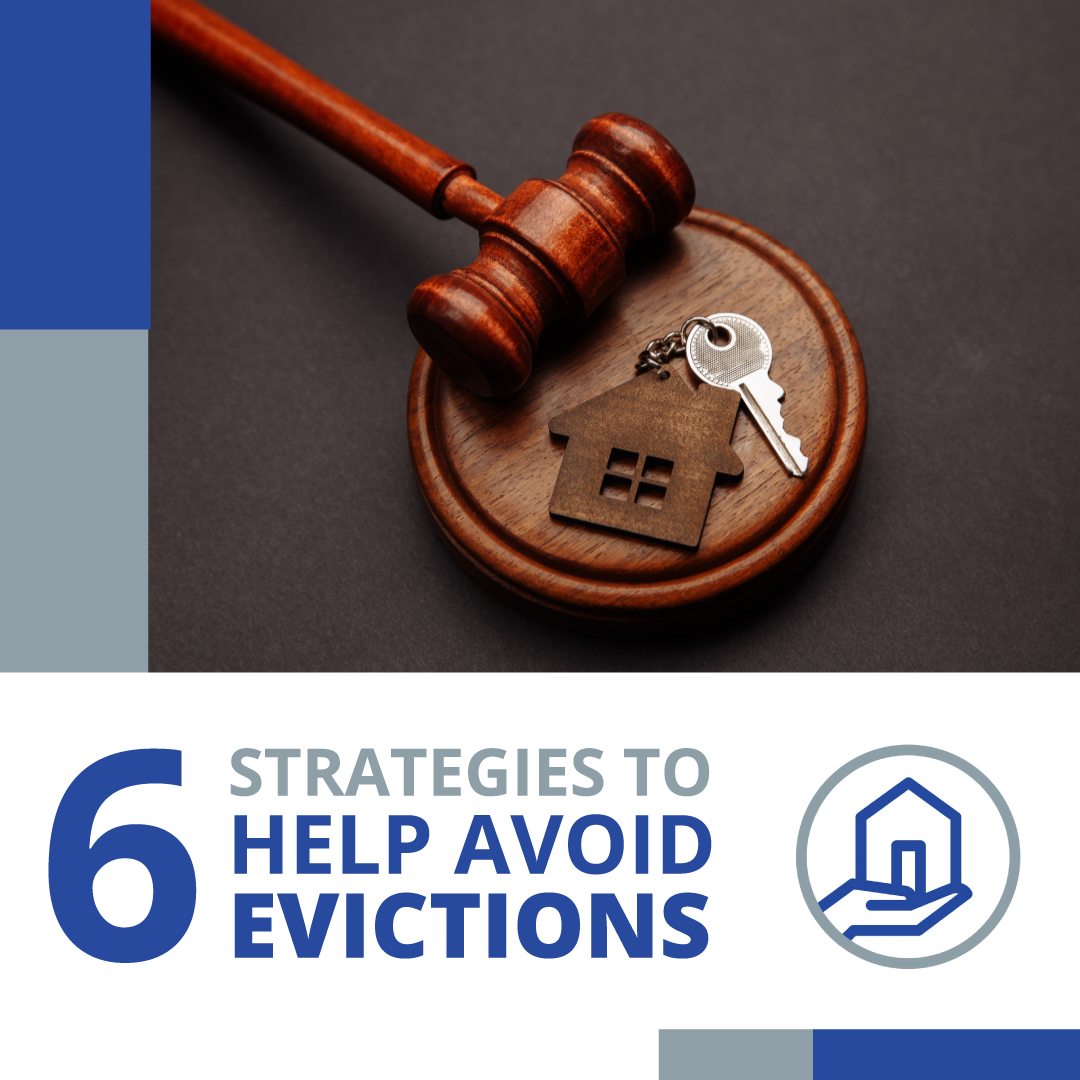Landlords and property managers often have no idea how to handle the situation when tenants refuse to leave or can’t afford their rent. In some cases, there are legal protections for landlords. However, if the landlord is unaware of their rights, they may end up with an eviction that could have been avoided. This article outlines six strategies to help avoid evictions to make a living and rent a home more tolerable for both the landlord and tenant alike.
Prepaid Rent
First and foremost, the tenant should pay their rent in advance. This will prevent any confusion with the landlord: if the tenant doesn’t have a check or money order when they move out, they won’t have to worry about being evicted or collecting their rent checks from the landlord. In addition, it will give the landlord an idea of how much money is expected from that month. Finally, the tenant should call their landlord at least a week before moving out to reconfirm their agreement, just like a rental agreement for a house or apartment.
A Written Agreement
Landlords and tenants must have an exact understanding of the situation. All rent, utilities, and repairs are determined in writing. The landlord gives the tenant a copy of this document when they move in, and the tenant must give it to the landlord when they move out. The agreement protects both parties, as the landlord can’t enforce anything that is not written down.
Change in Tenancy
A change in landlord should be taken seriously, even if the tenant just moved into a place that used to be occupied by someone else at the same address. If the new tenant ignores their obligations, they may be trying to dispute the previous arrangement and force out their former landlord for some unknown purpose. In this case, it may be best for everyone to move on and try a new place.
Service of Process
Landlords should clearly understand how they are supposed to serve the tenant with legal documents if they need to take legal action. For example, if a tenant stops paying rent and doesn’t respond, they must be served with a notice in the form of a three-day pay or vacate notice. This will give them three days to pay their rent or move out. Tenants may also be served with a Lease Termination Agreement for failing to comply with other lease provisions, such as not paying rent on time.
Get a Lawyer
Sometimes, landlords and tenants are unaware of their respective rights and responsibilities. If that is the case, get a lawyer for advice on handling matters before they get out of hand. This way, the landlord is not automatically entitled to evict a tenant who stops paying rent.
Stay in Touch With Your Tenants
If rent is late or the tenant is falling behind on other responsibilities, it’s important to get in touch with them and find out why. This can be done by meeting with them in person or having a phone call. If there are problems, try to work them out before they escalate into anything more serious.
The Bottom Line
Evictions should always be avoided. It’s best for both landlord and tenant to understand tenancy terms and how to handle financial disputes and disagreements. Contact a lawyer if you have questions about the law or need help drafting important documents that will protect you in the future.

